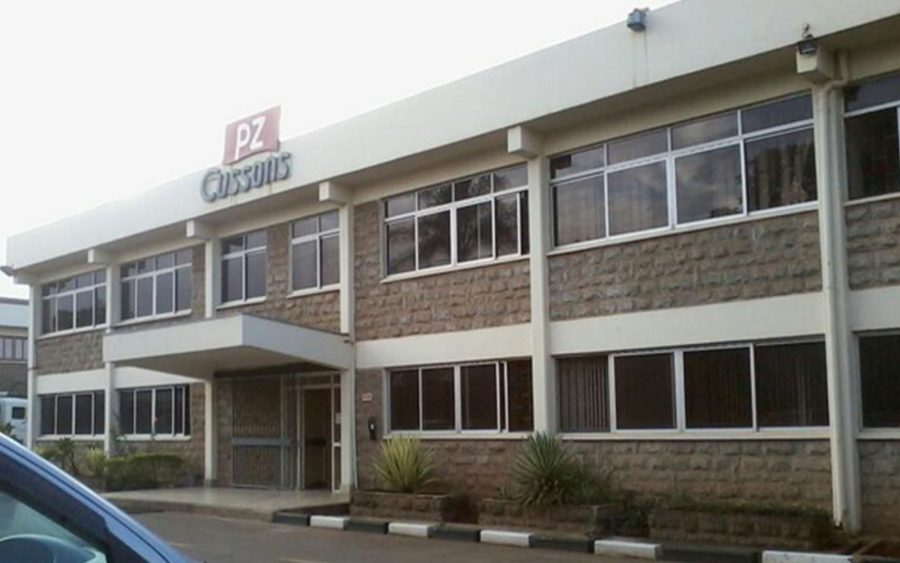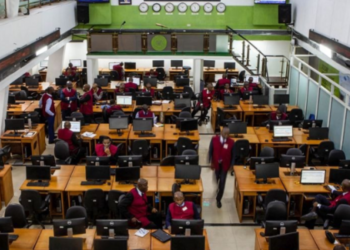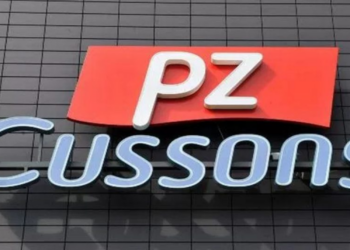PZ Cussons Nigeria Plc, one of Nigeria’s Fast Moving Consumer Goods (FMCG) giant, had a difficult 2017/2018 financial year, as well as equally turbulent Q1 2018/2019.
Half year results show a massive improvement in its bottom line, largely due to cost-cutting.
PZ Cussons Nigeria is our stock pick for the week.
Recent results
Results for the half year ended November 30, 2018, show that revenue fell from N41.1 billion in 2017 to N35 billion in 2018.
Profit before tax jumped from N868 million in 2017/2018 to N1.3 billion in 2018/2019. Profit after tax also rose from N589 million in 2017 to N1.2 billion.
About the company
PZ Cussons Nigeria Plc was incorporated on December 4, 1948 under the name, PB Nicholas and Sons Limited. The company’s name was changed to Alagbon Industries in 1953, then Associated Industries in 1956.
The company went public and was listed on the Nigerian Stock Exchange in 1972. It adopted the name, Paterson Zochonis Industries on 24th November 1976 and became a public limited liability company on 22nd September 1990.
It adopted its current name on 22nd September 2006.
PZ Cussons Nigeria Plc is into the sales, manufacture and distribution of consumer goods and home appliances. Popular brands include Morning Fresh washing liquid, Mamador cooking oil, Joy soap, and Olympic milk.
Price Information
Current Share Price: N12
Year High: N12
Year Low: N12.3
Year to Date Return: 0.83%
One Year Return: -42.22%
Price outlook
PZ Cussons is currently trading at N12 per share, 33.3% above its 52 week low of N9. Despite the improved results, possibilities of a sharp rise in price are unlikely, due to the negative sentiments in the markets as a whole.
Valuation
PZ Cussons is currently trading at a price to earnings ratio of 18.9 times earnings, higher than Unilever Nigeria which is trading at a PE ratio of 15.3 times earnings.
Outlook
While full-year 2018/2019 results are likely to show a vast improvement over the 2017/2018 financial year, the company still remains in a tight spot. Positive results were largely driven by a 47.9% drop in administrative expenses (from N3.8 billion in 2017/2018 to N1.9 billion in 2018/2019) as well as lower foreign exchange losses, from N2.5 billion in 2017/2018 to N524 million in 2018/2019.
Revenue remains challenged and may continue to remain so in the medium term.






















